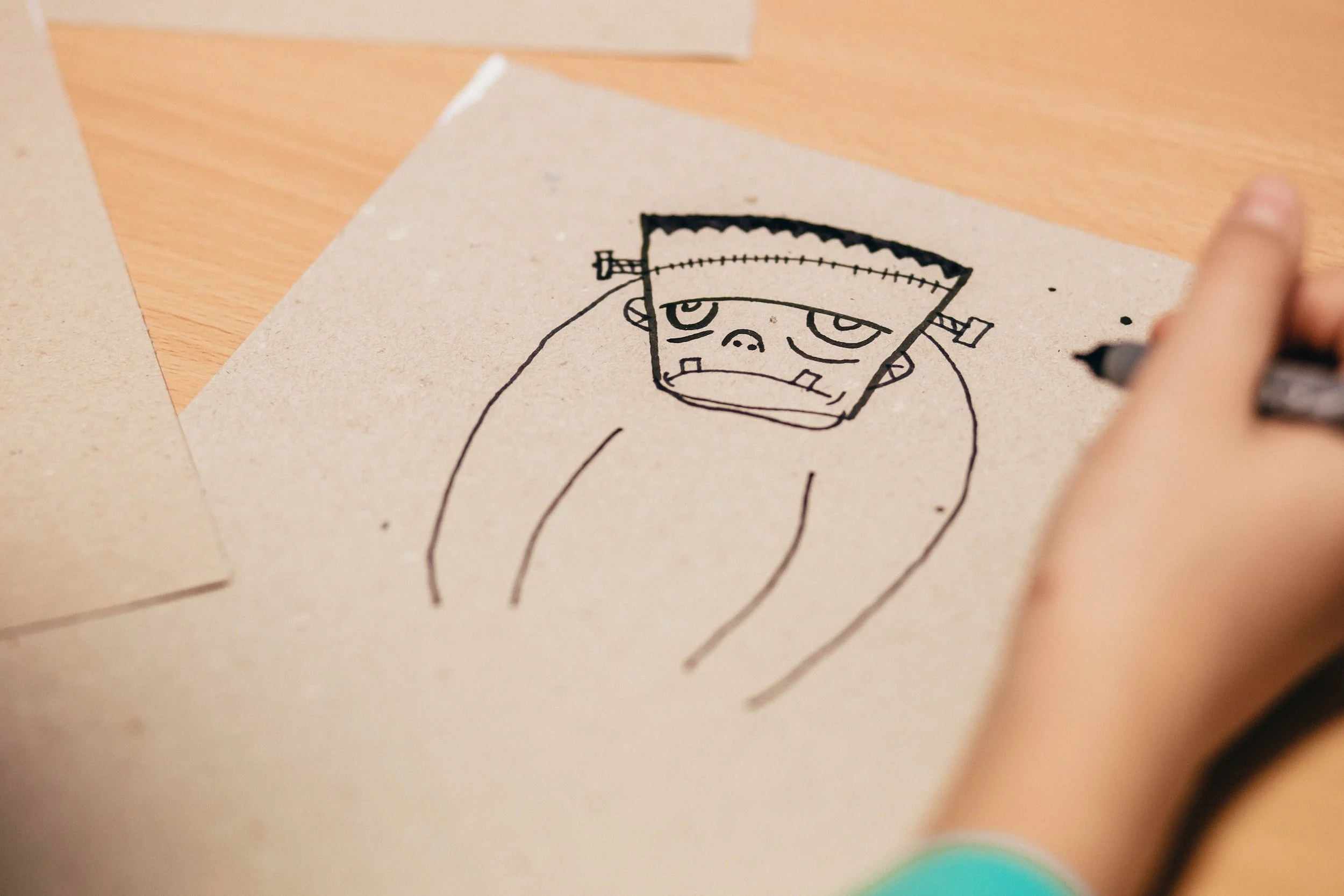Battling the Boogeyman: Fearing Failure
Children have many fears. Common fears include heights, separation from their parents, the dark, and bugs or spiders.
Yet, there is another type of fear that often goes unnoticed but can significantly impact a child's learning: the fear of failure.
This fear lurks beneath the surface, is hard to see, and difficult for anyone to describe.
Fear of failure is a common human experience, but it can significantly impact a child's learning. While we all fear failing to some degree, for some, the idea of failing is so overwhelming that it prevents them from even trying their best. This fear can hold children back from trying new things, pursuing their goals, and can be especially challenging if they've experienced difficulties with learning in the past.
What is the fear of failure?
Failure is not a fixed concept; rather, it is perceived differently by each of us. We each have different ideas of what constitutes a personal failure, with some being more sensitive to perceived failures than others.
The fear of failure is the fear of not being good enough or not achieving what we set out to do. It can manifest in different ways, such as:
Avoiding new tasks or activities
Feeling anxious or stressed about trying new things
Giving up easily when faced with challenges
How does the fear of failure affect childhood learning?
The fear of failure can have several negative impacts on childhood learning. Children with a fear of failure often engage in self-sabotaging behaviors to avoid confronting this fear. They may lack the courage to try their best, defaulting to saying, "I just can't do it."
How can we help children overcome the fear of failure?
Parents, teachers, and caregivers can use several strategies to help children overcome the fear of failure and boost their confidence. Here are a few important strategies:
Encouraging a growth mindset
Help children understand that they can improve and learn through effort and practice. This fosters a growth mindset and encourages them to take on new challenges. Research shows that children who are praised for their efforts tend to perform better in learning
Focusing on Progress, Not Perfection
Encourage your child to focus on making progress with their learning at their own pace and to embrace mistakes along the way. This approach helps build their confidence and reduces the fear of letting themselves and others down.
Building Courage Through Fun Games and Activities
Children are incredibly observant and learn by watching how others react to adversity. Modeling courage—showing children how you approach challenges with a positive attitude and a willingness to try—is a powerful way to teach them to be brave.
Consider incorporating games and activities that encourage trying new things, bouncing back from setbacks, and celebrating effort over perfection. This playful approach can help children develop courage in a fun and engaging way.
Teach Problem-Solving Skills When the Child is Stuck
Help your child cope with frustration when they feel stuck by teaching them problem-solving skills. This can help them feel more confident and capable of tackling challenges. Encourage your child to think creatively and try different approaches to solve problems.
The (Fictional) Story of Jenna: Overcoming the Fear of Failure
10-year-old Jenna had always loved playing hockey. She was a natural athlete and had always been one of the best players on her team. However, this year was different.
She started passing a lot to other teammates—too much, really. She became one of the best passers on the team, but she did it even when she had an empty net. Jenna's coach recognized that something was off, so he pulled her aside after practice one day to find out what was going on. She confided in him that she was afraid of failing, scared of letting her team down, and not being good enough. She said that she always misses the net and would rather just pass it.
Her coach assured her that everyone makes mistakes and that the most important thing is to keep trying. He encouraged her to focus on the things she was good at and to celebrate her small victories. With his support and her own determination, Jenna began to regain her confidence. She started to have fun on the ice again and even scored a goal in her next game.
Fear of failure is a common concern for many children and can significantly impact their learning and development. By providing support, encouragement, and teaching problem-solving skills, parents, teachers, and caregivers can help children overcome this fear, building their confidence and resilience.
References
Haghbin, M., McCaffrey, A., & Pychyl, T. (2012). The complexity of the relation between fear of failure and procrastination. Journal of Rational-Emotive & Cognitive-Behavior Therapy, 30.
Elliot, A., & Thrash, T. (2004). The intergenerational transmission of fear of failure. Personality & Social Psychology Bulletin, 30, 957-971.
Peterson, E. R., Sharma, T., Bird, A., Henderson, A. M. E., Ramgopal, V., Reese, E., & Morton, S. M. B. (2023). How mothers talk to their children about failure, mistakes and setbacks is related to their children's fear of failure.



